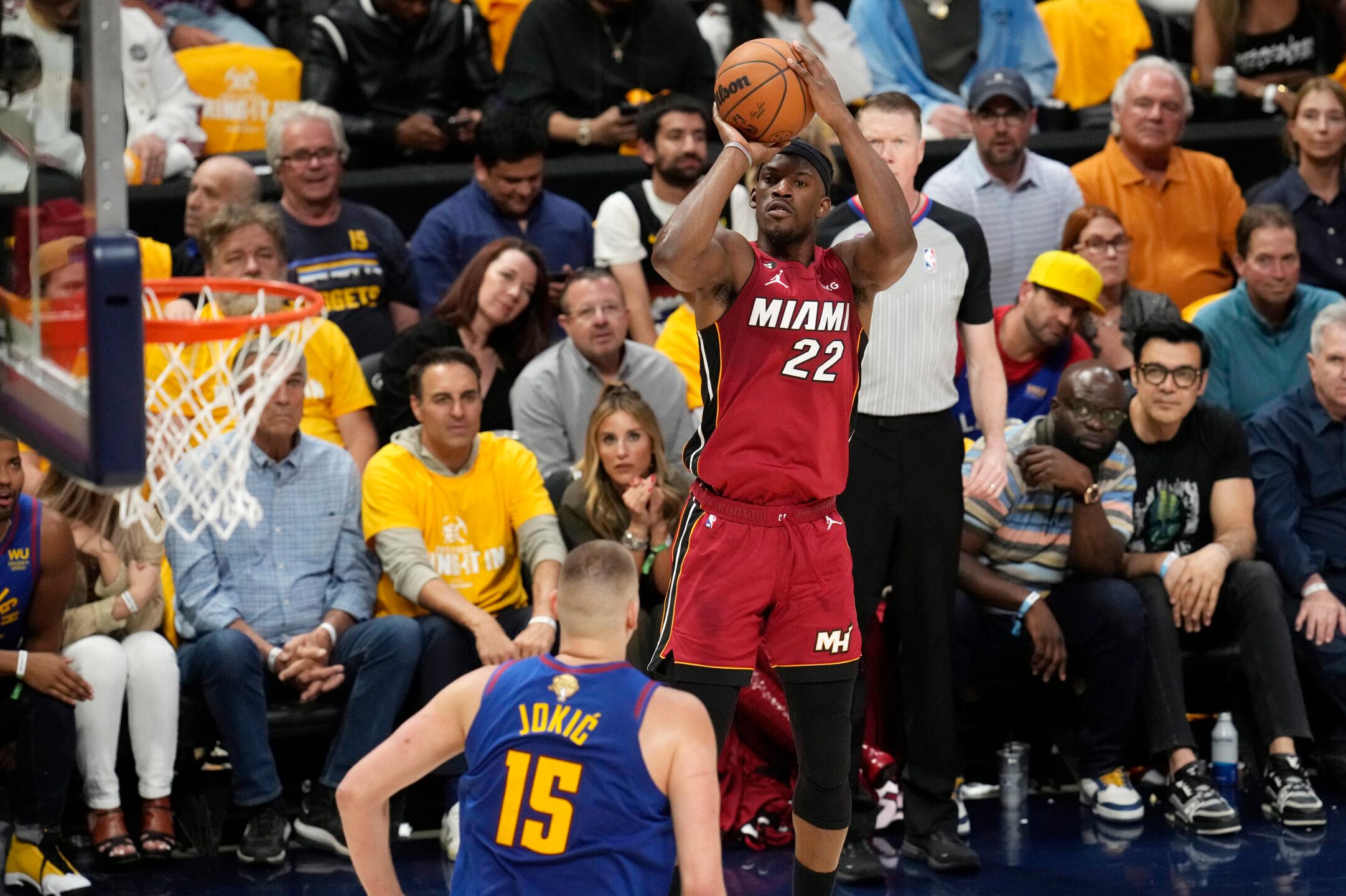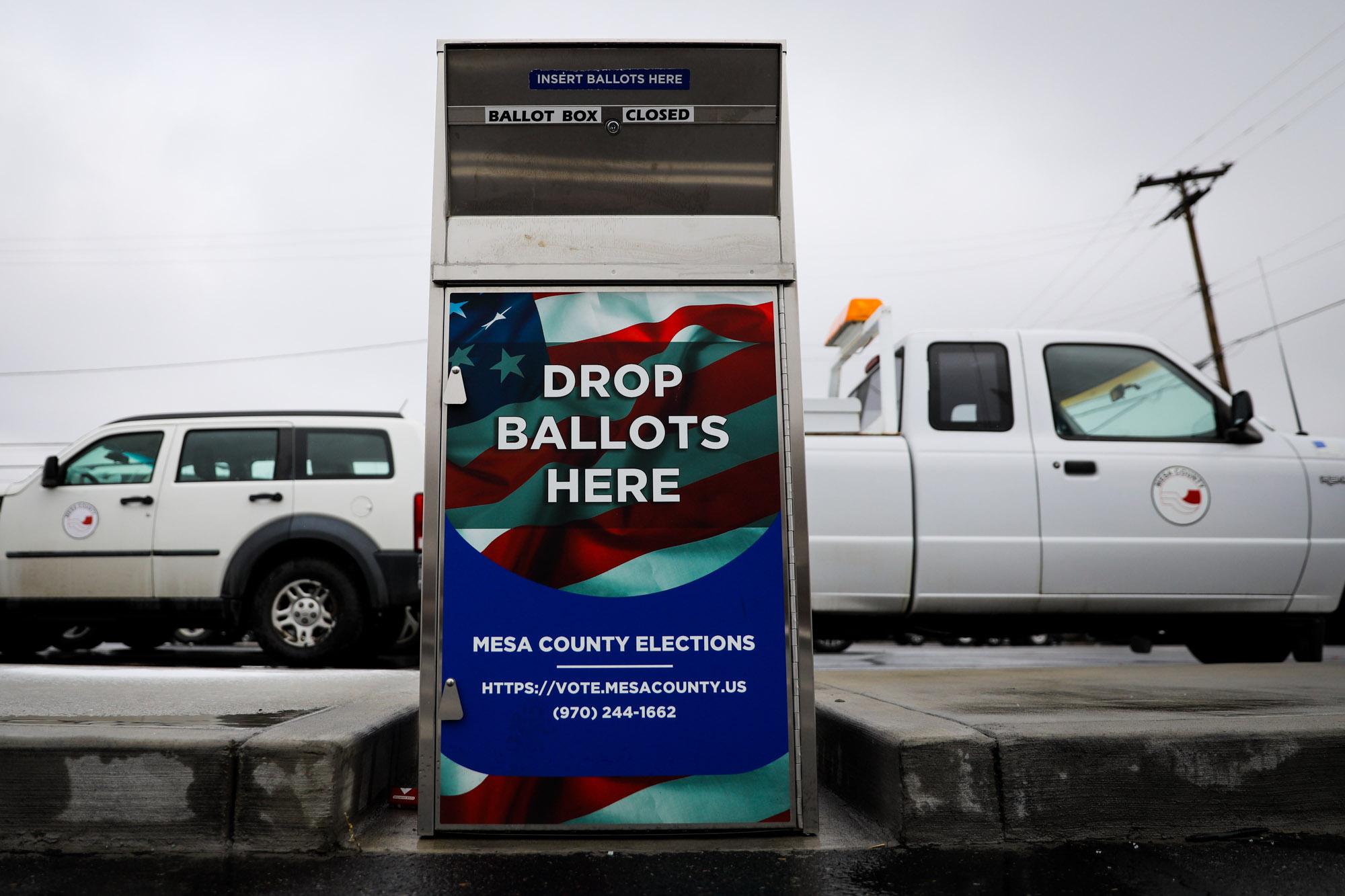
It was a popular theme before the NBA Finals started — about how the Nuggets, an up-tempo team with fresh legs that could exploit the mile-high altitude in Denver, would have a good chance to wear down the Miami Heat.
The combined fourth-quarter score of the first two games: Heat 66, Nuggets 45.
In Game 2 on Sunday, the Heat outscored the Nuggets by 11 to turn an eight-point deficit into a 111-108 win and knot the series at 1.
"If we're going to have a breakdown, it's not going to be a long series, of course," said star center Nikola Jokic after the game. "Just because they are punishing you as soon as you make mistakes. Hopefully we're going to be disciplined for next game."
But any thought that the Heat couldn't handle all the supposed disadvantages they faced coming into Denver after a seven-game conference final against the Celtics is out the window, just like Denver's home-court advantage in this series.
“That’s two fourth quarters, Game 1 and Game 2, where our defense has been nonexistent,” Nuggets coach Michael Malone said in an unflinching critique of his team's performance in the loss.
Game 3 is Wednesday in Miami. By then, maybe Malone's message will have sunk in.
He gave an almost identical speech, honing in on the fourth quarter, after Denver's win in Game 1.
Hardly anyone seemed to care. Denver won that game by 11 — it felt like more — and the fact that Miami won the final quarter 30-20, or that Denver had its 24-point lead trimmed to nine for all of 23 seconds late in the game, felt more like garbage-time nitpicking than a major concern.
But issues from that fourth quarter bled into Sunday.
Much as in Game 1, the Nuggets were lost on defensive switching, allowing Miami dozens of open looks from 3-point range.
But in Game 1, the Heat shot 13 for 39 from behind the arc, their woes underscored by Max Strus, who went 0 for 9. In Game 2, Strus made four of his first six 3s and the Heat finished 17 for 35.
That included a flurry of three 3-pointers from Duncan Robinson and Gabe Vincent as part of a 15-2 run early in the fourth. It gave Miami a 90-85 lead it wouldn't relinquish after trailing by eight at the start of the period.
This marked the seventh time Miami has trailed by double digits in the postseason and come back to win, tying a record that has been kept by the league since 1998.
“We’ve got a lot of belief as a group,” Robinson said. “And to be honest, we liked the flow of the game and how it was going.”
The Heat shot 68.8% from the field during the fourth quarter after shooting 43.5% over the first three.
Over the final 12 minutes, Bam Adebayo made every shot he took (two field goals, three free throws), Robinson scored all of his 10 points and Jimmy Butler was money, making a 3-pointer and a three-point play on back-to-back possessions to help the Heat expand a three-point lead to seven.
“During the fourth quarter, our guys love to compete,” Miami coach Erik Spoelstra said. “They love to put themselves out there in those moments of truth.”
The message the Heat hammered home in that fourth quarter — all of Game 2, really — was that the Nuggets, who came into the series heavily favored, are anything but inevitable champions, and that their best player, Jokic, cannot do this alone.
Jokic scored 41 points in this loss, and Denver dropped to 0-3 in this year's playoffs in games where Joker scores 40-plus. He's also not responsible for guarding the perimeter. The Heat shot 5 for 8 from 3 in the fourth.
In a sign of how dangerous Denver can be, the Nuggets trimmed their own 12-point deficit to three, and Jamal Murray had a decent look at a tying shot just before the buzzer. It rimmed out. The Heat players jumped off the bench and were practically bouncing off the court and into a victorious locker room.
The Nuggets — looking for answers. Neither they nor the thin air in Denver could wear down Miami.
“I think the altitude, too much is made of that,” Malone said. “They came out in the fourth quarter with a huge sense of desperation, and we didn't match that.”








